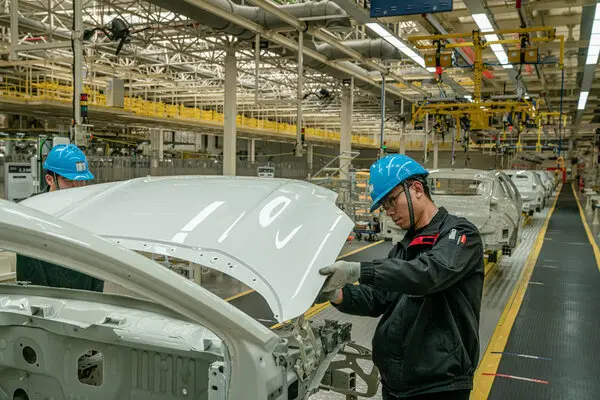Biden Administration Increases Tariffs on Chinese Goods: Impact on Economy and Trade Relations
Biden Administration Unveils New Tariffs on Chinese Goods
On September 13, 2024, the Biden administration announced a significant increase in tariffs on various Chinese imports, affecting approximately $18 billion worth of goods. This move is part of a broader strategy to protect U.S. industries against what the administration describes as unfair trade practices by China. The new tariffs will see duties on electric vehicles (EVs) rise to 100%, while tariffs on solar panels will double to 50%
The tariff hikes will impact several key sectors, including electric vehicles, solar energy, semiconductors, steel, aluminum, and medical products. The increase in tariffs is expected to be implemented in phases, with some duties taking effect as soon as September 27, 2024, and others, such as those on semiconductors, rolling out over the next two years
- This announcement comes amid a heated political climate, with both President Biden and former President Trump debating their approaches to trade policy. Trump has proposed even steeper tariffs, including a potential 200% tariff on Chinese vehicles, highlighting a bipartisan consensus on the need for protective measures against Chinese imports. The Biden administration’s tariffs are seen as a continuation of the Trump-era policies, with adjustments aimed at addressing specific sectors deemed critical for U.S. economic security
- Economic Implications
Economists warn that these tariffs could lead to increased prices for American consumers, as tariffs act as a tax on imports. Research indicates that previous tariffs have resulted in price hikes borne by U.S. businesses and households, raising concerns about inflation and its impact on consumer spending. Additionally, the tariffs are expected to provoke retaliatory measures from China, further straining U.S.-China relations

